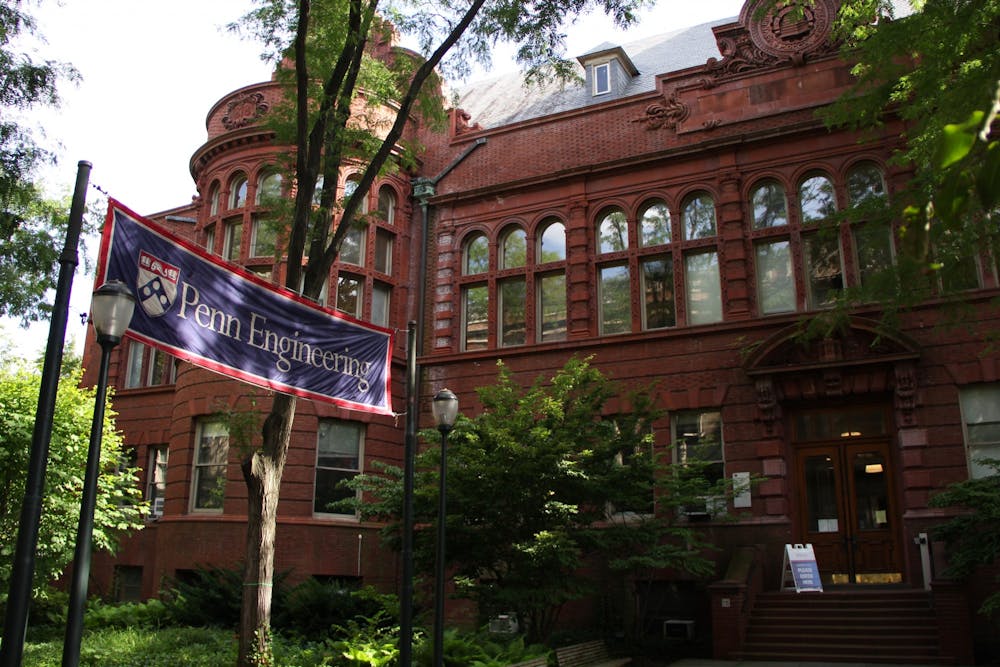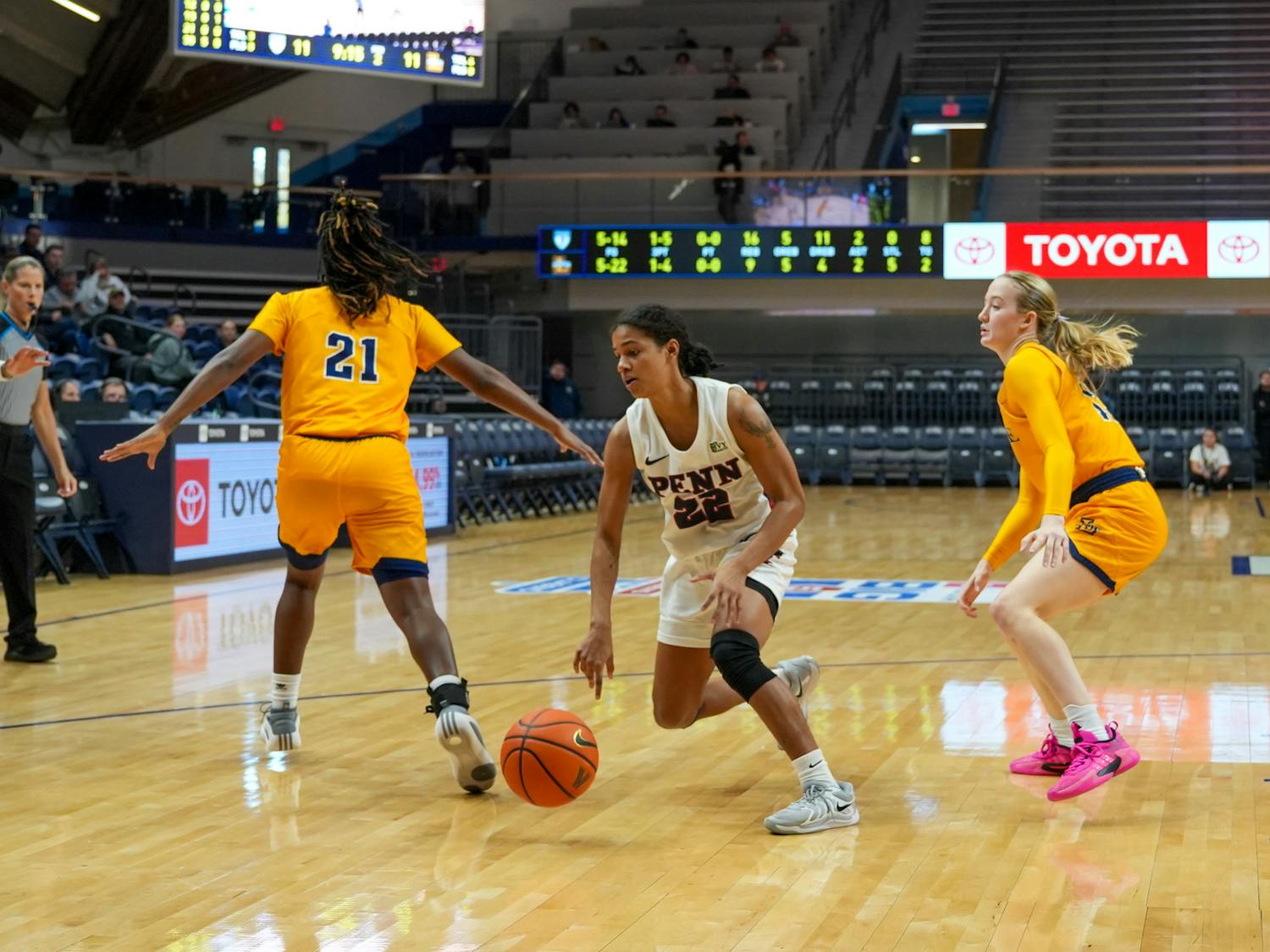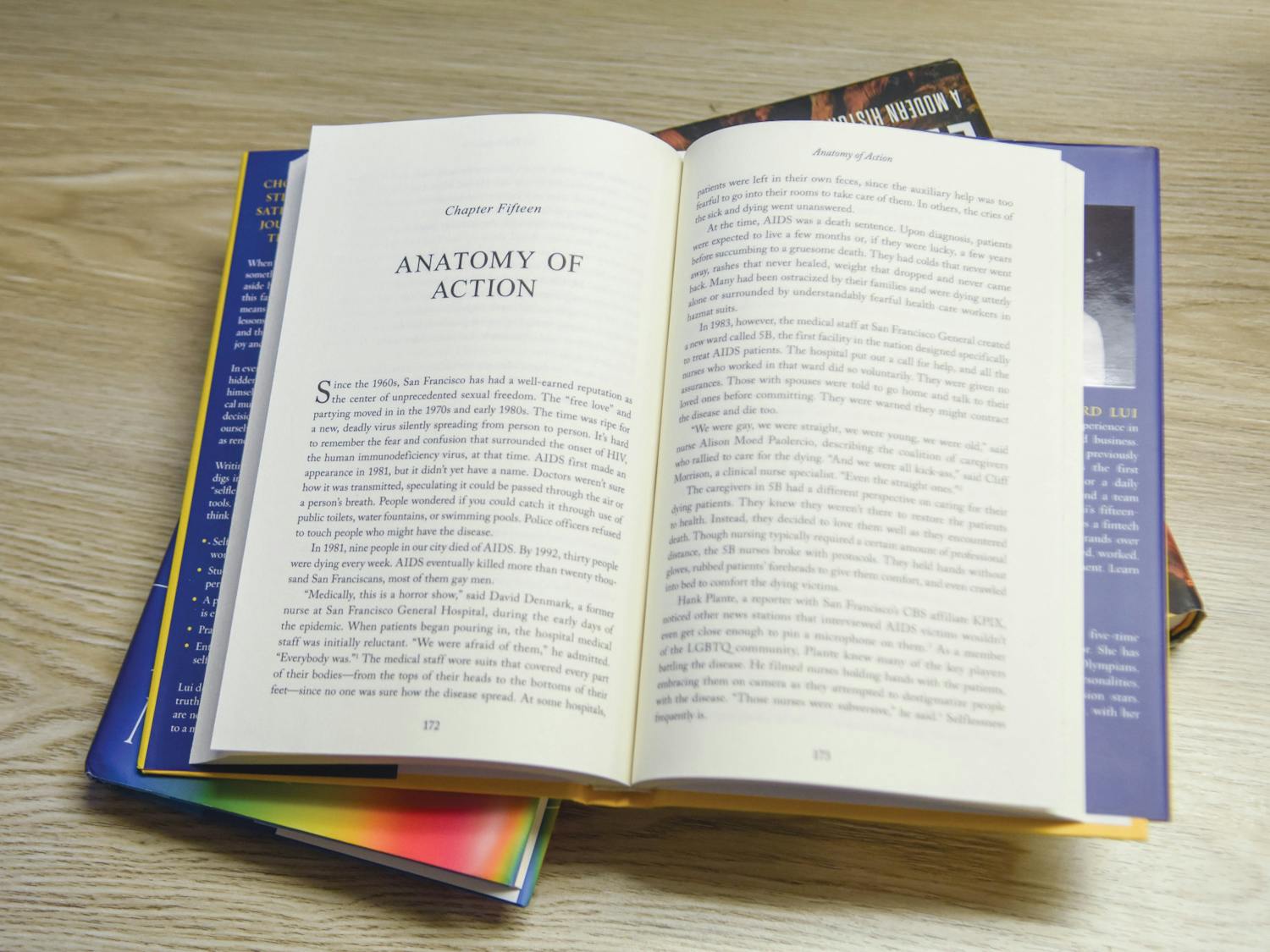Penn's Engineering Deans' Advisory Board is set to launch the Penn Sustainability Challenge 2020 on Oct. 25, a three-week challenge where undergraduate and graduate student teams will develop plans to improve the University’s sustainability practices.
To improve Penn's climate impact, the participants will create a proposal for one of the following categories: academics, which involves improving environmental education at Penn; utilities and operations, which focuses on how to reduce Penn's energy usage; physical environment, including how to improve recycling and green spaces on campus; and purchasing and transportation, which involves how to take transportation and dine sustainably.
The event will involve several rounds, after which EDAB will award winners with $5000 worth of cash prizes. The challenge will also include a welcoming event and a speaker series.
Participants will be given a Sustainability Challenge Handbook, which includes directions for the challenge, an introduction about why sustainability is important for Penn, and research based on Penn’s Climate Sustainability and Action Plan 3.0, which has been criticized by students for being vague and not taking enough action.
Penn still lags behind other universities in sustainability, and the University is frequently criticized for its fossil fuel investments. According to the Sierra Club's “Cool Schools” ranking, which measures the sustainability of American universities, Penn is ranked at No. 128.
Wharton and Engineering junior and EDAB member María Suarez first suggested the idea of the challenge two semesters ago. As a student studying bioengineering and environmental policy and management, Suarez said she is passionate about the environment and sustainability.
The EDAB team said that bringing this challenge to fruition was challenging in light of the pandemic.
“With COVID-19 last semester, everything moved online, and the remainder of last semester, we suspended the idea of the project,” Suarez said. The challenge was originally supposed to be in person.
RELATED:
Penn's third climate action plan incorporates sustainability and student outreach
Environmental justice panel discusses impact of climate change on marginalized communities
But Engineering and Wharton sophomore and EDAB Vice Chair of Administration and Finance Vasu Macherla was inspired to make the competition a reality, virtually. The Green Team, Penn’s Office of Sustainability, Dean of Engineering Vijay Kumar, and Engineering Director of Student Life Sonya Gwak helped with the handbook materials and with outreach to promote the challenge.
Students will be allowed to form teams of up to four people, and a Slack workspace will be created to serve as a platform for participants to meet and form teams.
Khue Tran, a first-year Engineering student who is interested in taking part in the challenge, signed up when she saw it advertised on the Engineering Canvas page. She became interested in sustainability through social media influences, including Leah Thomas, who is an intersectional environmentalist, and an Instagram account about fast fashion and environmental ethics.
She added that she is most interested in the effects of climate change in developing countries, including Vietnam, where her ancestral roots lie. Through the challenge, Tran said she hopes to develop relevant research skills by browsing scholarly articles and Penn’s sustainability plan.
Simran Rajpal, a first-year College student and another potential participant, first heard about the challenge when she got an email from her resident advisor. She is interested in studying the public health impacts of sustainability and how environmental health issues may proliferate if climate action is not taken.
“I think [the challenge] would be a good way to test out my skills in sustainability just because I don’t have much experience in being aware of how I’m contributing to the carbon footprint with Penn,” Rajpal said.
Adam Goudjil, a sophomore in the College, said he is interested in the academic side of the challenge, adding that he is a "huge fan and advocate of ABCS courses." As an urban studies major, he said his work on the sustainability challenge will focus on urban and education policy.
The challenge is meant to facilitate teamwork, which the organizers said will allow participants to learn and grow as environmentalists.
“There’s a lot of talent at Penn, there’s a lot of ideas floating around Penn. People are constantly thinking of ways to improve it from the student side. So the reason I think this is great is because [Penn will] finally understand that students are a good source,” said Goudjil. “A very, very good source of ideas that will actually improve the school itself.”









